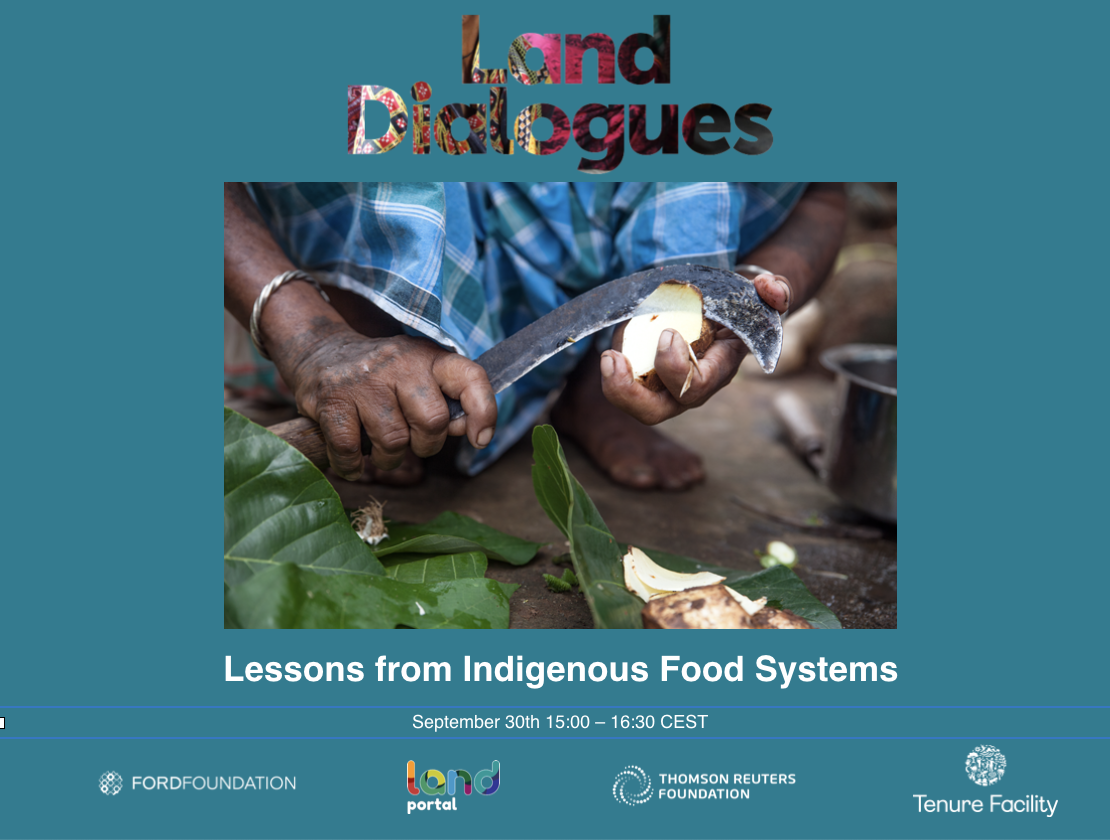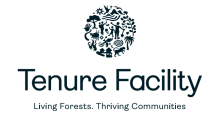More than 476 million Indigenous Peoples, living in more than 90 countries across the world in seven socio-cultural regions, have developed unique territorial management practices that manage to generate food whilst preserving biodiversity. In a world where food security is becoming increasingly unstable , the way Indigenous Peoples grow and consume food holds answers to the world’s broken food system. When it comes to the food systems of the world’s 476 million Indigenous Peoples, evidence shows they are highly productive, sustainable and equitable. Indigenous Peoples’ food systems have developed through long and detailed observations of the processes and effects of nature and they preserve rich biodiversity, provide nutritious food and are climate resilient.
This webinar focused on what the world can learn from the traditional methods used by Indigenous Peoples and local communities to ensure their food security while maintaining a balanced relation with Nature. We discussed the important link between healthy ecosystems, indigenous food systems and food sovereignty while also hearing how new initiatives aim to consolidate traditional ecological knowledge about wild foods.
This webinar took us on a journey and we together learnt more about Indigenous Peoples and local communities' greater connection to the food they consume. We discussed if and how these food systems can be incorporated at a regional, national and global context.
September 30, 2021 (9AM-10:30AM EST)
Moderator

Thin Lei Win
Panelists

Lyla
June

Dewi
Kartika

Diana
San Jose

Krystyna
Swiderska

Sara
Oliveros
- Thin Lei Win -Moderator- Independent Journalist
-
Lyla June -panelist- Artist, Scholar and Community Organizer
-
Dewi Kartika -panelist- Agrarian Activist, KPA
-
Diana San Jose -panelist- Program Officer, NTFP-EP
-
Krystyna Swiderska -panelist- Principal Researcher, IIED
-
Sara Oliveros -panelist- Co-founder of the interdisciplinary Centre for Research and Alternative Development






